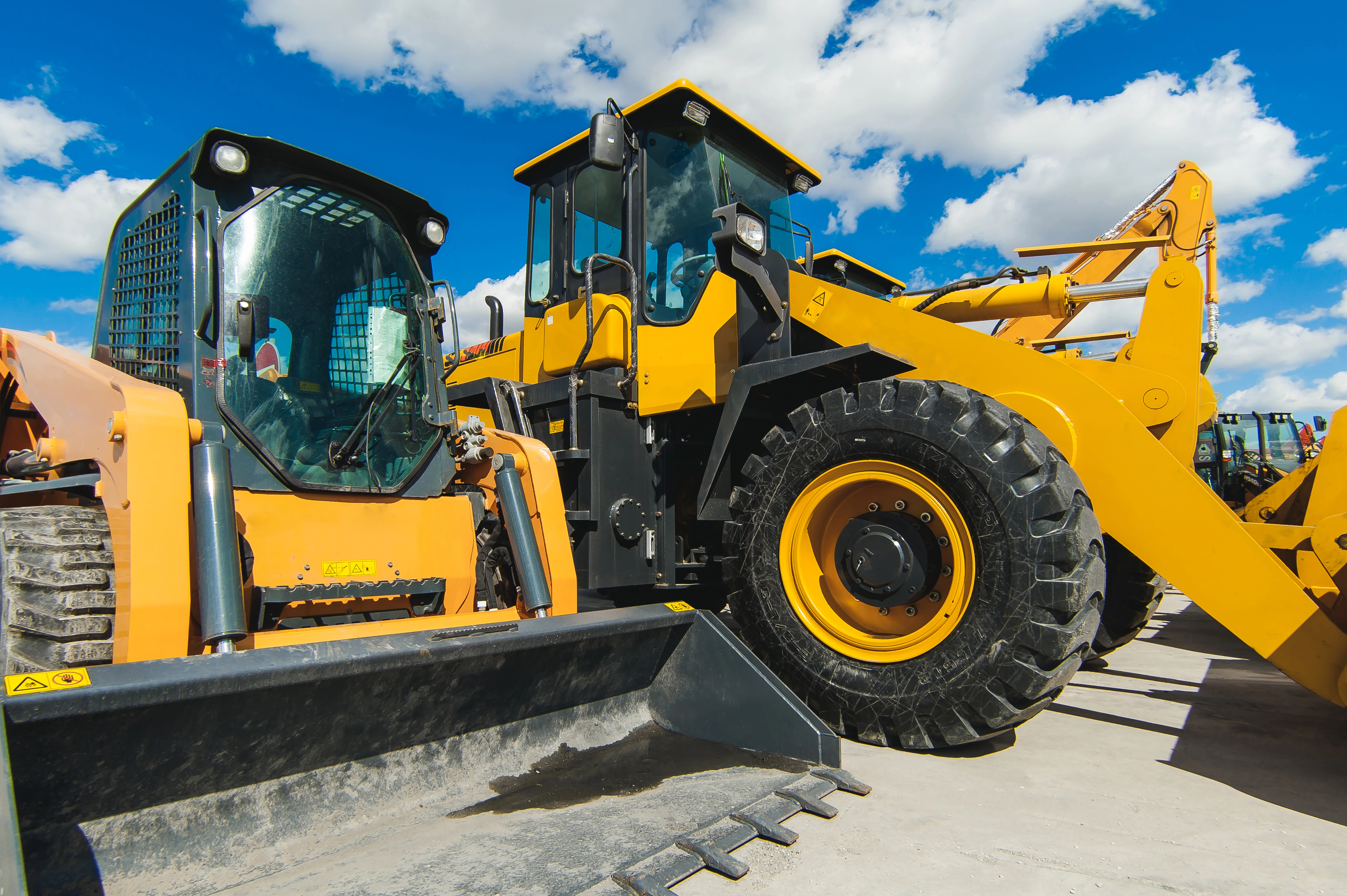
Equipment Valuation for Mergers and Acquisitions
In a merger or acquisition, knowing the value of the assets and equity involved is key. For many industries, machinery, vehicles, and tools are a major component of a company’s assets. An equipment valuation for mergers and acquisitions determines the true worth of assets. It helps both parties make informed choices for an equitable deal. This article discusses why an equipment valuation matters in mergers and acquisitions and how it supports a smooth transition.
As a professional business appraiser, Peak Business Valuation frequently performs equipment valuations for mergers and acquisitions. We are here to answer your questions and provide an accurate equipment appraisal. To learn more about equipment valuation, schedule a free consultation with Peak!
What is an Equipment Valuation for Acquisitions?
An equipment valuation for acquisitions gives buyers a clear picture of the machinery’s condition and value. It helps reduce financial risk and supports fair negotiations. Equipment appraisers determine fair market value, which reflects what a buyer might willingly pay for the asset. Using a clear machinery appraisal for mergers also builds trust between both parties. This leads to a more confident and smooth transaction. See What is a Machinery and Equipment Appraisal? for more insight.
Determining True Asset Value for Mergers
The primary goal of an equipment valuation for mergers is to find the true value of a company’s physical assets. During a merger, it can be easy to overlook equipment value. This is especially true for older or specialized machinery. An equipment appraiser values each item based on age, condition, and market demand. This gives both parties a current fair market value beyond just the book value.
When conducting a machinery appraisal for mergers, equipment appraisers use various valuation approaches to determine the assets’ value. Below, we discuss each of these equipment valuation approaches:
- Cost Approach: This approach calculates asset value based on its replacement cost. This involves subtracting depreciation for age and wear.
- Market Approach: The market approach compares the equipment to similar items that have recently sold. This helps to estimate its value based on current market trends.
- Income Approach: This approach determines the value of equipment based on its ability to generate income. Machinery that produces higher earnings receives a higher valuation.
Business appraisers often apply multiple valuation approaches for an equipment valuation for acquisitions. Using more than one approach produces a well-rounded asset appraisal. Understanding the value of equipment can help business owners ensure an equitable deal. A machinery appraisal also alerts business owners of potential future repairs or replacements. For more insight, read Reasons to Obtain a Machinery and Equipment Appraisal.
Using an Equipment Valuation for Negotiation Support
In any merger or acquisition, knowing asset values helps both parties negotiate with confidence. Equipment valuation for mergers provides reliable data on the machinery’s true worth. This prevents overpaying and gives sellers a solid basis for their asking price. An independent appraisal helps both sides agree on asset value, reducing disputes and speeding up the deal. Check out Equipment Appraisal for Buying a Business to learn more.
Peak Business Valuation frequently provides machinery appraisals for mergers and acquisitions. We can provide reliable data to support your business decisions. If you have any questions, reach out to Peak! Schedule a free consultation today.
How Equipment Values Affect Purchase Allocation
An equipment valuation for mergers or acquisitions also influences how the purchase price is allocated across asset categories. Buyers and sellers must assign value to each part of the business, including machinery. This distribution affects taxes, depreciation, and financial reporting. A well-supported equipment valuation helps ensure the allocation is fair and defensible. It also supports compliance with IRS and accounting rules.
Using an Equipment Valuation to Secure Financing
If the buyer is seeking financing, an equipment valuation may be necessary. Lenders often use the fair market value of assets as collateral for the loan amount. A qualified equipment valuation supports the loan application and speeds up approval. At Peak Business Valuation, we work with over 90 SBA lenders and can connect buyers with the right fit. In addition, we can provide an SBA-compliant machinery and equipment appraisal. For more guidance, see Machinery and Equipment Appraisals for SBA Lending. Reach out to Peak to learn more!
Preparing for an Equipment Valuation
Before an equipment valuation for mergers, it is important to gather key information. A detailed asset list with descriptions helps the equipment appraiser assess each item. Information like purchase dates, serial numbers, and maintenance records should also be included. In addition, providing photos and information from prior appraisals can be helpful.
Organizing this information ahead of time speeds up the process and improves the quality of the asset valuation. It also helps avoid delays in the merger or acquisition. When the equipment appraiser has clear, complete data, they can provide a more reliable report. If you are unsure what to prepare, Peak Business Valuation can provide guidance.
Conclusion
An equipment valuation for mergers and acquisitions offers critical insight throughout the transaction. It verifies asset value and supports fair negotiations. Accurate equipment valuations also help with financing and dividing the purchase price correctly. Whether you are the buyer or seller, a qualified equipment appraisal makes the transaction clearer and more efficient.
Peak Business Valuation is a certified machinery and equipment appraiser. We are here to guide you through an equipment valuation for mergers and acquisitions and answer any questions you have. Get started today by scheduling a free consultation with Peak! For more insight, check out Frequently Asked Questions About Machinery and Equipment Appraisals.
